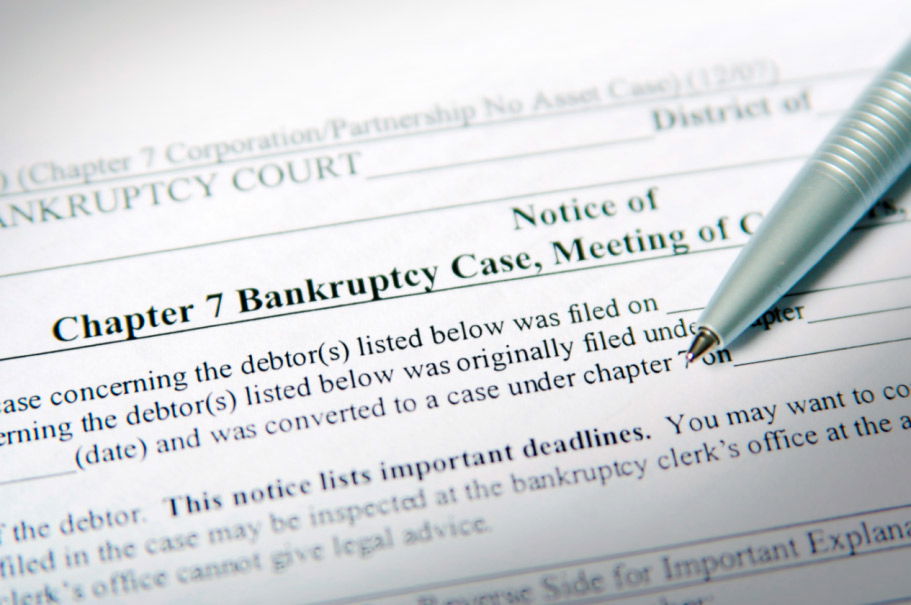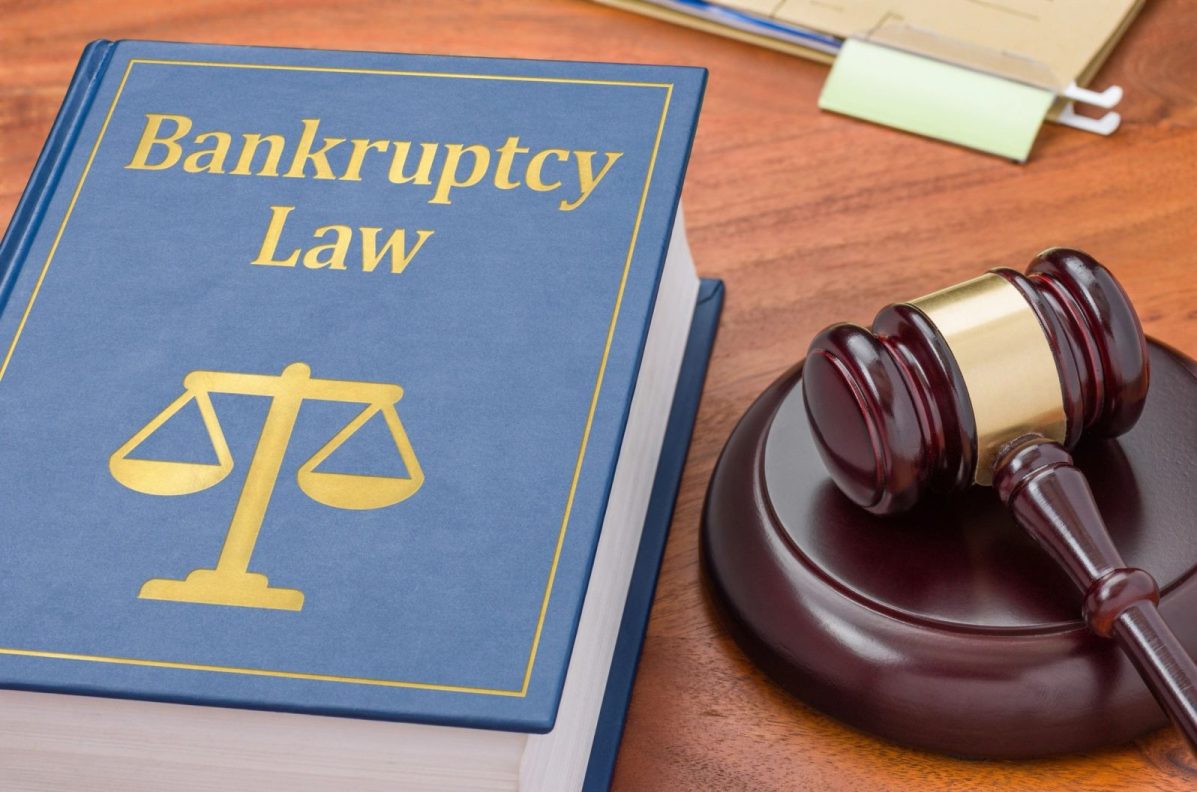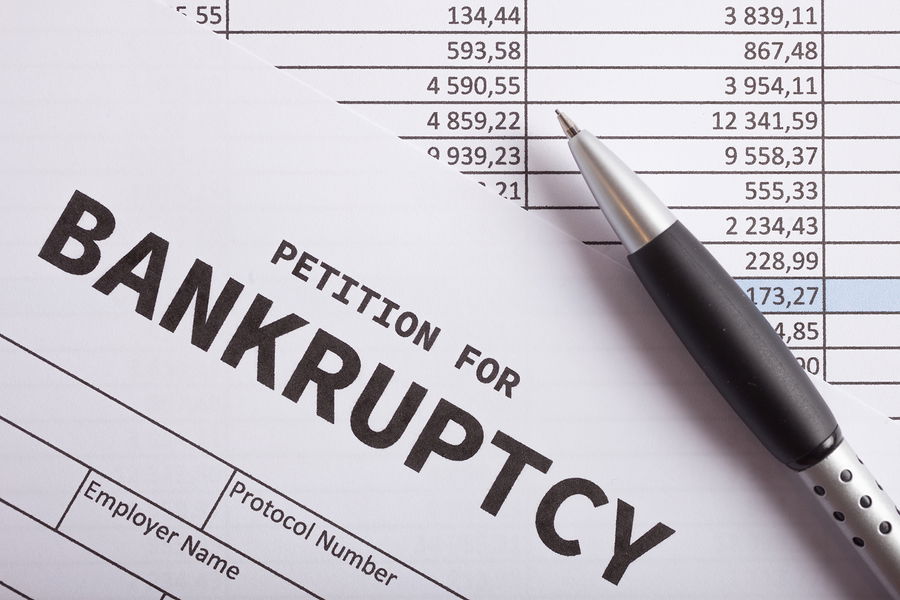If you’re drowning in debt with no realistic way to pay it off, Chapter 7 bankruptcy could give you the fresh start you need.
Often called a “liquidation bankruptcy,” Chapter 7 can legally erase many unsecured debts—like credit cards, medical bills, and personal loans—so you can move forward without constant collection calls or wage garnishments.

It’s the most common form of bankruptcy in the U.S. because, for many, it offers the fastest path to relief. But it’s not the right solution for everyone. While it can wipe out huge amounts of debt, it also comes with serious long-term impacts on your credit and finances.
Before you decide, it’s important to understand exactly how Chapter 7 works, who qualifies, and what it can—and can’t—do for your financial future.
What is chapter 7 bankruptcy?
Chapter 7 bankruptcy is a legal process that can erase certain debts and give people a fresh financial start. It’s often called “liquidation bankruptcy,” but most people who qualify keep essential property like their home, car, and basic household items.
The main goal is to wipe out unsecured debts—things like credit cards, medical bills, and personal loans—that have become impossible to repay. In exchange, some non-essential assets may be sold off to help pay creditors.
Chapter 7 is different from Chapter 13 bankruptcy. In Chapter 13, filers set up a payment plan to repay some or all of their debts over time. Chapter 7 has no repayment plan. Instead, qualifying debts are cleared after a few months, offering faster relief.
Who qualifies for chapter 7 bankruptcy?
To file Chapter 7, you must pass a means test. This test looks at your income and expenses to decide if you genuinely cannot afford to repay your debts.
- Income Limits: If your income is below your state’s median for a household your size, you typically qualify.
- Higher Incomes: If you earn more than the median, you may still qualify if your disposable income—what’s left after covering essential living costs—is very low.
Other basic requirements include:
- You must complete credit counseling from an approved agency within 180 days before filing.
- You can’t have had a Chapter 7 case dismissed in the past 180 days due to certain rule violations.
- You must not have filed another bankruptcy too recently.
Sometimes it may be better to wait before filing. For example, if a recent drop in income isn’t fully reflected in your past six months of earnings, waiting can improve your chances of passing the means test.
What debts can chapter 7 bankruptcy erase?
Chapter 7 bankruptcy can wipe out many common unsecured debts. These are debts not tied to any property or collateral.
Typically discharged debts include:
- Credit cards: Most balances, including late fees and over-limit charges.
- Medical bills: Whether from hospitals, doctors, or other providers.
- Personal loans: Including payday loans and past-due utility bills.
Debts Chapter 7 usually does not erase:
- Student loans: These are only discharged in rare cases where continuing payments would cause extreme hardship.
- Recent taxes: Most federal, state, and local tax debts remain.
- Child support and alimony: Ongoing and past-due amounts must still be paid.
- Criminal fines and penalties: Including debts from DUI-related damages.
While most student loans survive bankruptcy, courts have occasionally discharged them if the borrower can prove they face long-term hardship, such as permanent disability.
How the Chapter 7 Bankruptcy Process Works
Filing for Chapter 7 may sound complex, but the process follows clear steps.
Step 1: Complete Credit Counseling
You must meet with a government-approved credit counseling agency within 180 days before filing. This session reviews your options and confirms that bankruptcy is appropriate.
Step 2: File The Bankruptcy Petition
You or your lawyer will submit paperwork to the bankruptcy court. This includes detailed information about your income, debts, property, and financial history.
Step 3: Get An Automatic Stay
Once you file, an automatic stay takes effect. This stops most collection actions, including lawsuits, wage garnishments, and creditor phone calls.
Step 4: Attend The Meeting Of Creditors
About a month after filing, you will attend a short meeting with your bankruptcy trustee and any creditors who choose to attend. You’ll answer basic questions about your finances and the bankruptcy forms you submitted.
Step 5: Receive Your Discharge
If everything is in order, the court will discharge your qualifying debts in about four to six months. At that point, you are no longer legally required to pay those debts, and creditors can’t pursue you for them.
What happens to your property?
Filing Chapter 7 does not mean losing everything. While some assets can be sold to repay creditors, many are protected under exemption rules.
Exempt vs. Non-Exempt Assets
Exempt assets are protected by law and cannot be used to pay creditors. Non-exempt assets may be sold by the bankruptcy trustee to cover some of your debts.
Common Property Most Filers Keep
Most people keep essential property, including:
- A home or primary residence (up to a certain value)
- A personal vehicle (within value limits)
- Retirement accounts such as 401(k)s and IRAs
- Basic household goods like furniture and clothing
- Tools needed for work
How Exemptions Vary By State
Exemption rules differ depending on where you live. Some states also allow you to choose between state and federal exemption guidelines. A bankruptcy attorney can help you understand which exemptions apply to your situation.
How much does chapter 7 bankruptcy cost?
While Chapter 7 can offer major debt relief, there are costs involved in filing.
- Court filing and administrative fees: Expect to pay about $245 for the filing fee, plus a $75 administrative fee and a $15 trustee surcharge. The total is around $335.
- Typical attorney fees: Most attorneys charge between $1,200 and $2,500. Costs vary depending on where you live and how complex your case is.
- Possibility of fee waivers or installment plans: If you cannot afford the court fees, you may qualify for a waiver or be allowed to pay in installments. Some attorneys also offer payment plans.
How Chapter 7 Bankruptcy Affects Your Credit
Filing Chapter 7 will impact your credit, but it also creates an opportunity to rebuild your financial future.
- Immediate credit score impact: Most people see a significant drop in their credit score after filing. The exact amount varies based on your starting score and credit history.
- How long bankruptcy stays on your report: A Chapter 7 bankruptcy remains on your credit report for up to 10 years from the filing date.
- How and when you can start rebuilding credit: You can start rebuilding credit right after your debts are discharged. Many filers qualify for secured credit cards or credit-builder loans within months. Responsible use of new credit can help raise your score over time.
- When you might qualify for new loans or a mortgage: Most people can qualify for a car loan within a year or two. Mortgages may be available after two to four years, depending on the loan type and how quickly you rebuild your credit.
Do you need a bankruptcy lawyer?
While you can file Chapter 7 without a lawyer, it carries risks. Bankruptcy paperwork is complex, and filing incorrectly can lead to delays, dismissed cases, or losing property you might have been able to keep.
A qualified bankruptcy attorney can handle the paperwork, protect your assets, and guide you through the process. Many people find that hiring a lawyer prevents costly mistakes and reduces stress during an already difficult time.
Is chapter 7 bankruptcy the right move for you?
Chapter 7 is a powerful tool for eliminating debt, but it’s not the best solution for everyone.
When Chapter 7 Makes Sense
Chapter 7 may be a good fit if:
- You have mostly unsecured debts like credit cards or medical bills.
- You have little or no disposable income after covering basic living expenses.
- You want a faster resolution compared to Chapter 13.
When You Should Consider Alternatives
Consider other options if:
- You have valuable assets you want to protect that may not be exempt.
- You have a steady income and could benefit from a repayment plan (Chapter 13).
- You can negotiate settlements directly with creditors.
Importance Of Professional Advice
Every situation is different. A bankruptcy attorney or credit counselor can help you review your options and decide if Chapter 7 is the best path forward.
See also: Should I File for Bankruptcy? The Pros & Cons Explained
Final Thoughts
Chapter 7 bankruptcy can offer a fresh start by erasing many common debts and stopping collection actions. It may allow you to keep essential property while giving you a path to rebuild your finances.
But it’s not without long-term consequences, especially for your credit. Before filing, it’s smart to weigh the pros and cons and get professional advice.
Many bankruptcy attorneys offer free consultations to help you decide if Chapter 7 is the right solution for your situation.




